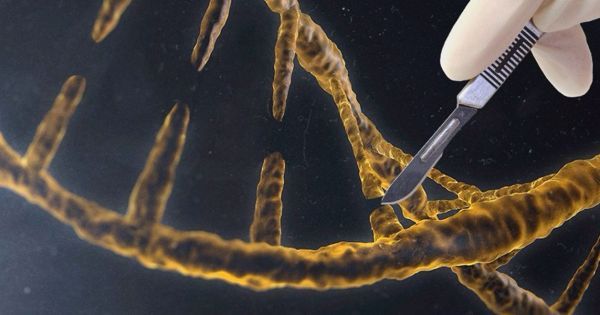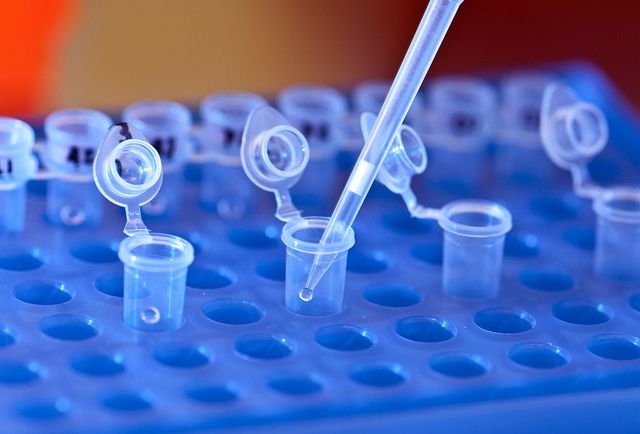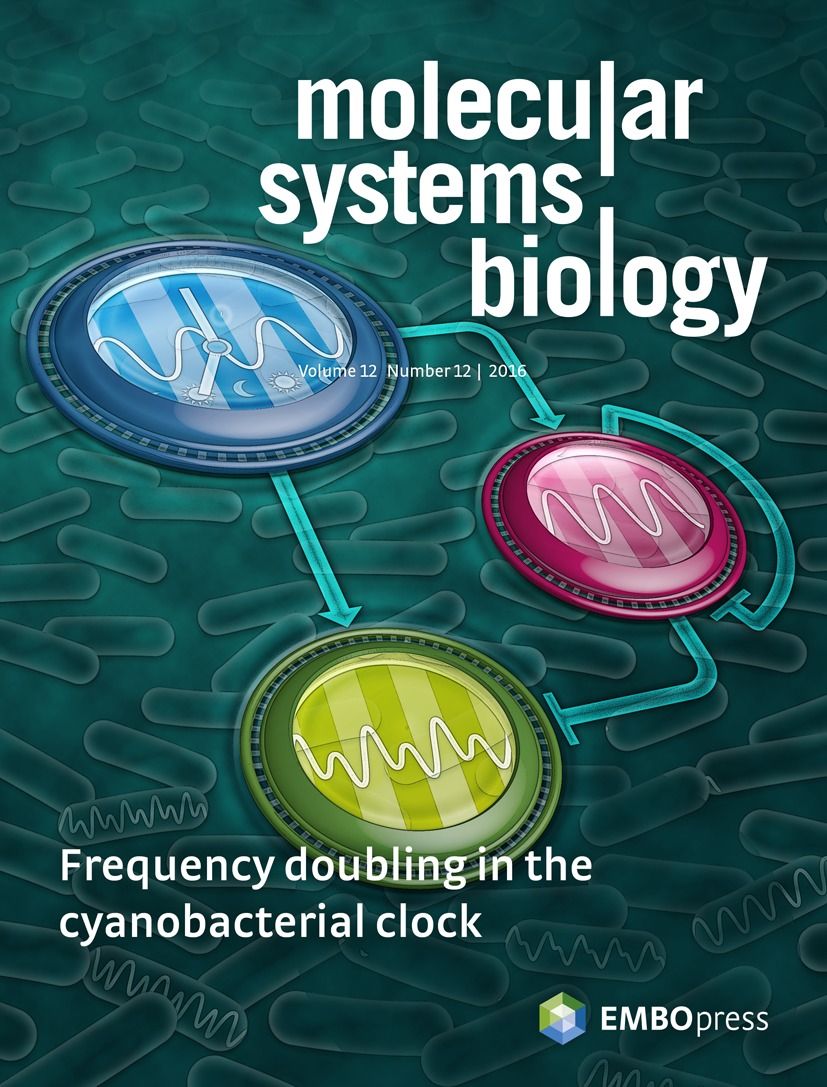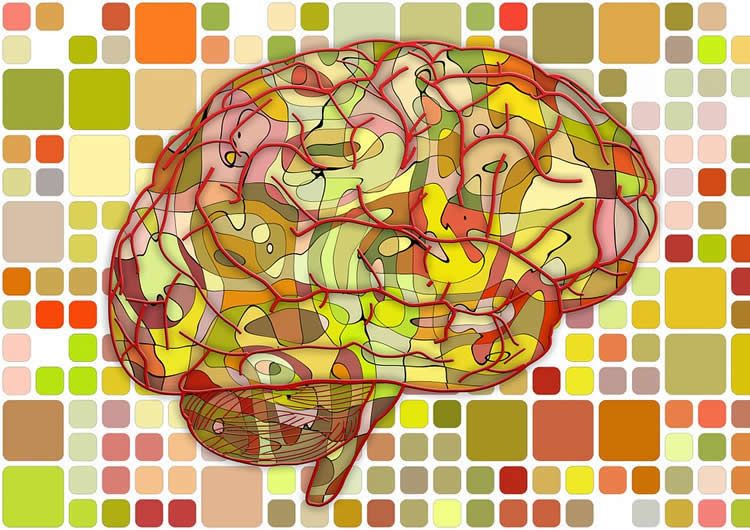Jan 4, 2017
Gene Editing Can Now Change An Entire Species Forever
Posted by Shane Hinshaw in categories: bioengineering, biotech/medical, genetics
In Brief CRISPR has opened up limitless avenues for genetic modification. From disease prevention to invasive species control, Jennifer Kahn discusses the discover, application, and implications of gene drives.
Jennifer Kahn, a science journalist for the New York Times, recently did a TED Talk in which she discussed the discovery, application, and implications of a CRISPR gene drive used to make mosquitoes resistant to malaria and other diseases like chikungunya, and Zika.
Continue reading “Gene Editing Can Now Change An Entire Species Forever” »

















